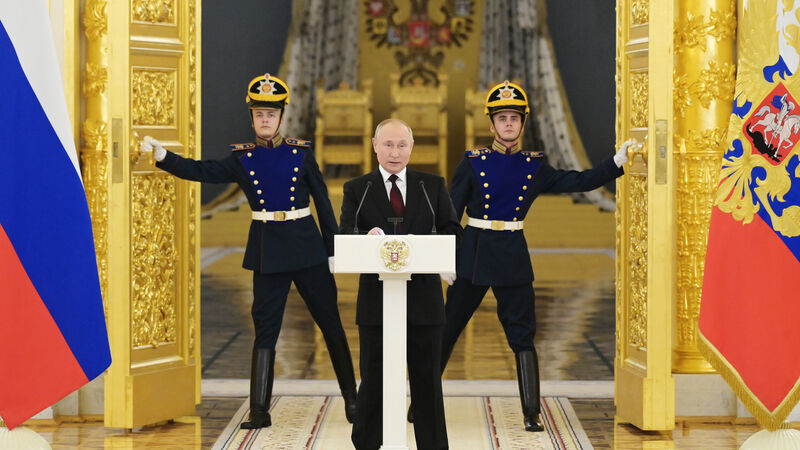Gas and oil prices jump as Omicron fears ease amid talk of Russia sanctions

Russian president Vladimir Putin: US intelligence assesses that Russia could be planning a multi-front offensive on Ukraine as early as next year. The Kremlin denies it plans to invade and says the West is gripped by Russophobia.
Gas and oil prices jumped in Europe on Tuesday as concerns eased over the Omicron variant, while the risks rose of new sanctions on huge energy supplier, Russia.
Global crude oil price leapt 5% on the day to hit $73.42 a barrel with the Iran nuclear talks hitting roadblocks, influencing traders looking at potential delays of the return of Iranian crude supplies.











